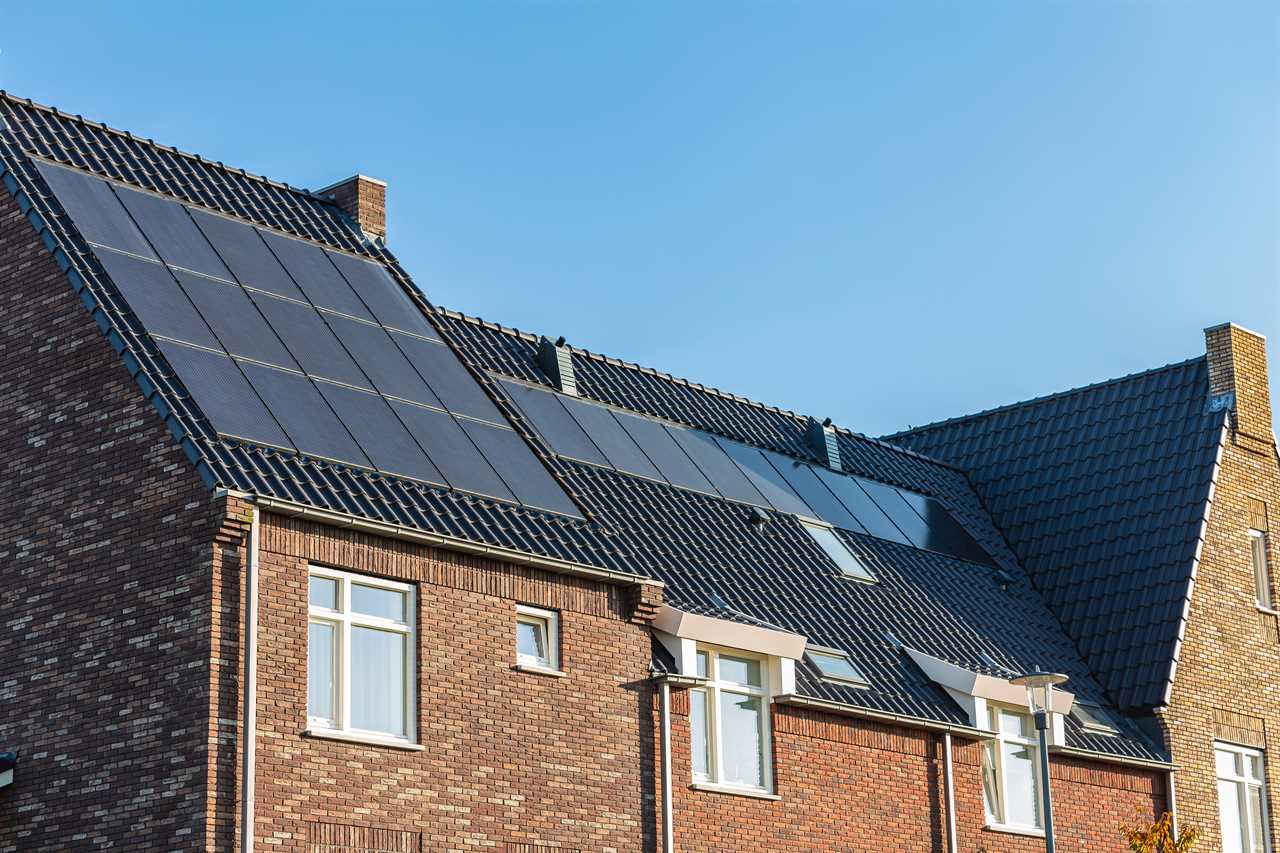
In a significant move towards sustainability, new regulations in England will mandate the installation of solar panels on nearly every newly constructed home, reflecting a broader shift towards greener practices within the construction industry. Energy Secretary Ed Miliband has lauded this initiative as a matter of "common sense," highlighting potential savings of £500 annually for households. However, amidst these ambitious plans, concerns have been raised regarding potential bureaucratic hurdles that could impede the government's target of constructing 1.5 million new homes by 2029, as voiced by the Home Builders Federation.
The wider context: Balancing Environmental Goals with Economic Realities
The introduction of solar panels on new residences forms part of the upcoming Future Homes Standard, signalling a more stringent approach than previously proposed by the Conservative Party. While this move aligns with Labour's broader strategy to achieve net zero emissions by 2050, it has faced criticism from political opponents such as Tory leader Kemi Badenoch and Reform UK, who argue that such objectives may be unattainable without drastic lifestyle changes or economic repercussions. This debate underscores the delicate balance required to navigate the intersection of environmental imperatives and economic considerations.
Challenges Ahead: Implementing Green Policies in the Housing Sector
As the UK aims to transition towards a more sustainable future, the incorporation of solar panels into new residential constructions represents a pivotal step. However, the practicalities of enforcing these regulations, alongside concerns about the associated costs and administrative burdens, pose significant challenges for policymakers and industry stakeholders alike. Striking a harmonious balance between environmental responsibilities and housing development targets remains a complex task that demands nuanced solutions.
In light of Labour's recent decision to streamline regulations for heat pump installations, the government's broader agenda to tackle climate change and reduce carbon emissions is becoming increasingly apparent. While these measures hold promise for advancing environmental goals, they also underscore the need for comprehensive strategies that consider the diverse impacts on households, businesses, and the broader economy.

Looking Ahead: Navigating the Transition to Sustainable Housing
As England prepares to embark on a new era of sustainable housing construction, the mandatory inclusion of solar panels represents a pivotal moment in the country's environmental journey. This shift not only underscores the urgency of addressing climate change but also signals a paradigmatic change in the construction sector. Navigating the complexities of this transition will require a collaborative effort from policymakers, developers, and the public to ensure that environmental objectives are met without compromising societal well-being.
While debates surrounding the feasibility and implications of such green initiatives are likely to persist, the overarching goal of creating a more sustainable and environmentally conscious built environment remains a shared endeavour. By critically evaluating the challenges and opportunities presented by these new regulations, we can strive towards a future where environmental stewardship and human habitation coexist harmoniously.






